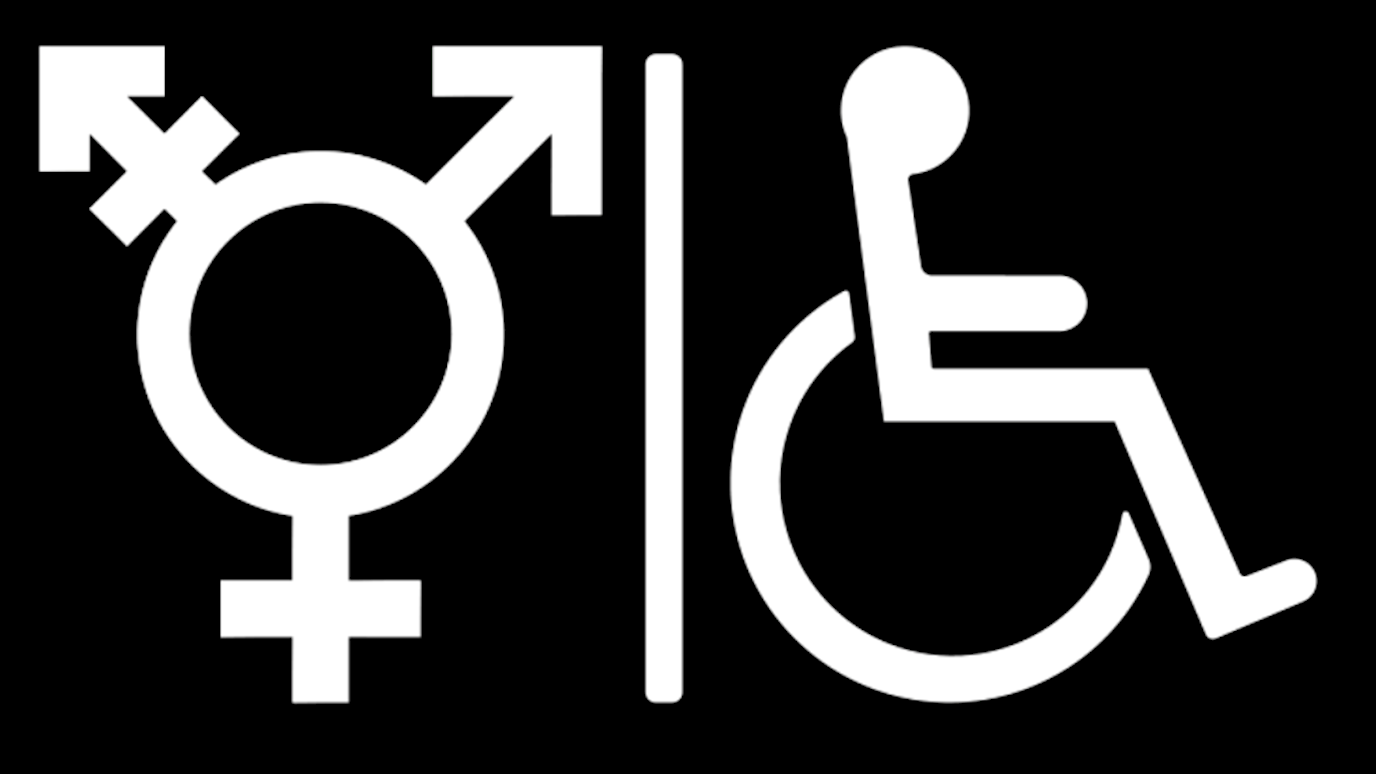About Cookies
We use cookies to ensure you get the best experience
Read cookie PolicyNecessary cookies help make a website usable by enabling basic functions like page navigation and access to secure areas of the website. The website cannot function properly without these cookies.
Preference cookies enable a website to remember information that changes the way the website behaves or looks, like your preferred language or the region that you are in.
Statistic cookies help website owners to understand how visitors interact with websites by collecting and reporting information anonymously.
Marketing cookies are used to track visitors across websites. The intention is to display ads that are relevant and engaging for the individual user and thereby more valuable for publishers and third-party advertisers.
Unclassified cookies are cookies that we are in the process of classifying, together with the providers of individual cookies.










 This project capitalizes on research in the Royal Holloway, University of London Department of Politics, International Relations, and Philosophy on gender, elections, and democracy – work which looks at gender and public opinion, gender and substantive representation, women in democracy and elections, gendered political recruitment, gendered representation, and violence against women in politics (VAW-P) – as an anchor for an impact project on gender, candidacy, and voting.
This project capitalizes on research in the Royal Holloway, University of London Department of Politics, International Relations, and Philosophy on gender, elections, and democracy – work which looks at gender and public opinion, gender and substantive representation, women in democracy and elections, gendered political recruitment, gendered representation, and violence against women in politics (VAW-P) – as an anchor for an impact project on gender, candidacy, and voting.














